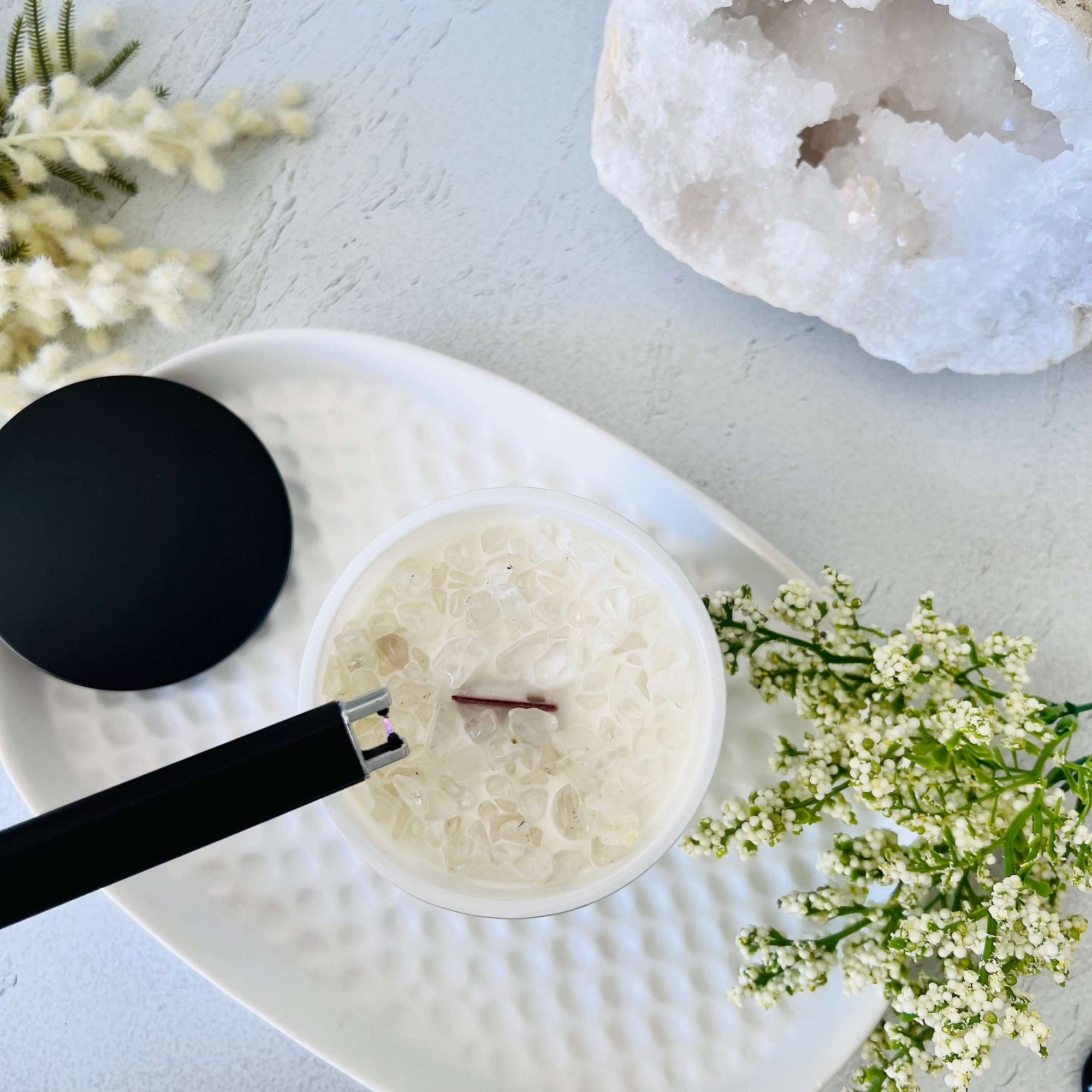1. EXCESSIVE COMPLAINING
If you or your family members catch yourselves complaining, even when things are okay, you may have negative energy in your home.
YOU COMPLAIN A LOT
Complaining occurs when we express the negative talk in our heads out loud. Complaining can become such an ingrained habit that you don't realise when you are doing it. When you complain, you are putting your negative energy out where it can affect others.
YOUR HEALTH IS SUFFERING
Negative emotions can cause stress, which in turn impacts your health. Stress can destroy your body's hormone balance, impair the immune system, and drain your positive brain chemicals. Negative energy in the form of poorly expressed anger can cause dysfunction of the heart and digestive system.
YOU CAN'T SLEEP
Repeated negative thoughts are associated with poor sleep quality. It's unclear whether the lack of sleep triggers negative thinking or whether the negative thoughts keep you awake. Maybe the combination of negative thoughts and poor sleep creates a vicious cycle in which each element makes the other worse.

2. NEGATIVE RELATIONSHIPS
Are your friends or close family constantly unloading their problems on you? Do they dominate conversations by continually talking about themselves and their issues, and don’t show any interest in you and what you have to say?
Don’t you feel drained and depleted afterward?
In an ideal world, a friend comes to you with a problem, you feel valued that this friend chose you as their confidant and that they trust you enough to open up to you. You may often feel indebted to help in any way you can; you listen empathically and offer some advice, support, or a safe space for them to feel heard. They feel better, and you feel rewarded.
End of story, right?
Not if your friend is a “dumper.”This constant 'dumping' can really have an impact on your own health, regardless if it happens in your own home or not.

3. THE BLAME GAME
Household members always pointing the finger? Negative energy in the home could be preventing them (and you) from looking inward to place responsibility where it really belongs.
Being blamed for everything can feel pretty demoralising whether it’s a parent, a partner or your boss doing the blaming. Sure enough, over time it can knock your confidence and self-esteem, it leaves you feeling defensive, helpless and angry.
WHAT IS BLAMING?
Blaming is simply the act of assigning responsibility for something that happened. However, it’s usually a negative act – you blame someone for breaking your favourite coffee mug, but you rarely blame someone for mowing the lawn, for instance. In most situations, blaming as a cognitive distortion involves assigning guilt or responsibility for how we feel to someone else. “He makes me feel bad about myself,” for instance, or “She makes me feel inadequate”.
THE EFFECTS OF BLAMING
Blaming ultimately leads to negative emotional conditions. The person placing blame often feels resentment, anger, or even hatred for the person they blame. The person being blamed often feels defensive, hurt, or angry if the blaming is vocalised or communicated in other ways.

4. THE UGLY 'C' WORD, CRITICISM
If there’s a lot of criticising going along with all the blame, your home could be swamped with bad energy. When you or others in your home send out negative vibrations, you’re increasing the bad energy in your home. We all seek love, approval, and appreciation, don’t we? We sometimes obsess over what people think of us. When we receive feedback that seems less than favourable, we speculate for days about what it might mean.
Usually we attach the wrong meaning to criticism, and this drains our energy and might even cause us to withdraw and quit what we are doing.
HOW DOES CRITICISM EFFECT YOU AT HOME?
It can lead you to withdrawal, isolate yourself and distance yourself from others. Some people are more sensitive to criticism, so your reaction is your response, you are allowed that. Criticism and blaming usually comes from that person projecting their own insecurities on you.

5. CLUTTER
One of the biggest signs of negative energy in a home is clutter. Clutter blocks the way energy flows through a home, so it could be keeping bad energy in and making things worse.
Nobody has to sell you on the psychological effects of clutter, right? It’s that classic family movie scene where the kids have destroyed the house and the mum is standing, open-mouthed in horror. There’s a reason those scenes exist. We can all empathise with the idea of feeling defeated by mounds of clutter.
Where there’s clutter in your home, there will be clutter in [you] — either physically, mentally or emotionally.
Movie drama aside, there’s also a certain peace that comes from letting go of things. Have you ever wondered why that’s the case? It can be described as relieving, cathartic, and even healing. The psychological benefits of decluttering are as real as the negative effects of living in an untidy house.
When we are organised, our home and brain is free from clutter, we feel more calm and are able to focus and be more productive. We are also able to connect to those around us and be more spontaneous and fun without feeling overwhelmed, anxious or stressed.









